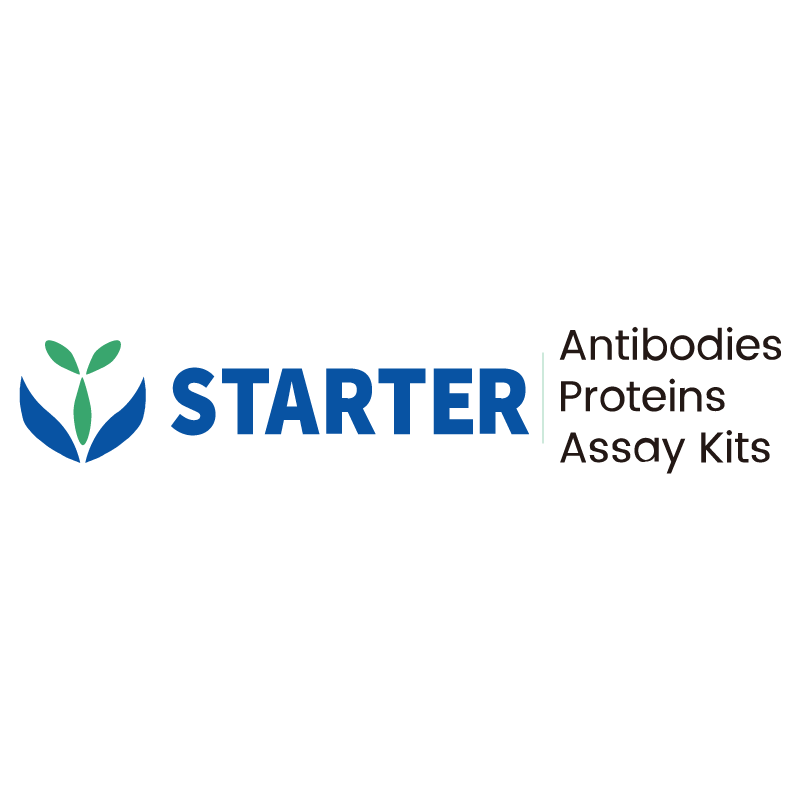2μg(R: reducing conditions)
Product Details
Product Details
Product Specification
| Species | Schistosoma japonicum |
| Synonyms | Glutathione S-transferase class-mu 26 kDa isozyme, GST 26, Sj26 antigen, SjGST |
| Accession | P08515 |
| Amino Acid Sequence | Protein sequence (P08515, Met1-Lys218, with C-V5 tag) MSPILGYWKIKGLVQPTRLLLEYLEEKYEEHLYERDEGDKWRNKKFELGLEFPNLPYYIDGDVKLTQSMAIIRYIADKHNMLGGCPKERAEISMLEGAVLDIRYGVSRIAYSKDFETLKVDFLSKLPEMLKMFEDRLCHKTYLNGDHVTHPDFMLYDALDVVLYMDPMCLDAFPKLVCFKKRIEAIPQIDKYLKSSKYIAWPLQGWQATFGGGDHPPK |
| Expression System | E.coli |
| Molecular Weight | Predicted MW: 27.7 kDa Observed MW: 27.7 kDa |
| Purity | >95% by SDS-PAGE |
| Endotoxin | <0.1EU/μg |
| Conjugation | Unconjugated |
| Physical Appearance | Lyophilized Powder |
| Storage Buffer | Lyophilized from a 0.2 μm filtered solution of 0.2M PBS, pH7.4. |
| Reconstitution | Reconstitute no more than 1 mg/mL according to the size in deionized water after rapid centrifugation. |
| Stability & Storage | 12 months from date of receipt, -20 to -70 °C as supplied. |
Background
Glutathione S-transferases are a family of eukaryotic and prokaryotic phase II metabolic isozymes best known for their ability to catalyze the conjugation of the reduced form of glutathione to xenobiotic substrates for the purpose of detoxification. The GST family consists of three super-families: the cytosolic, mitochondrial, and microsomal (also known as MAPEG proteins). Based on their biochemical, immunologic and structural properties, the soluble GSTs are categorized into 4 main classes: alpha, mu, pi, and theta.
Picture
Picture
SDS-PAGE


